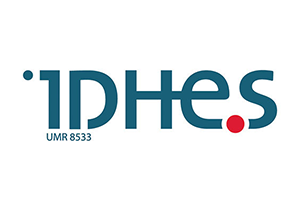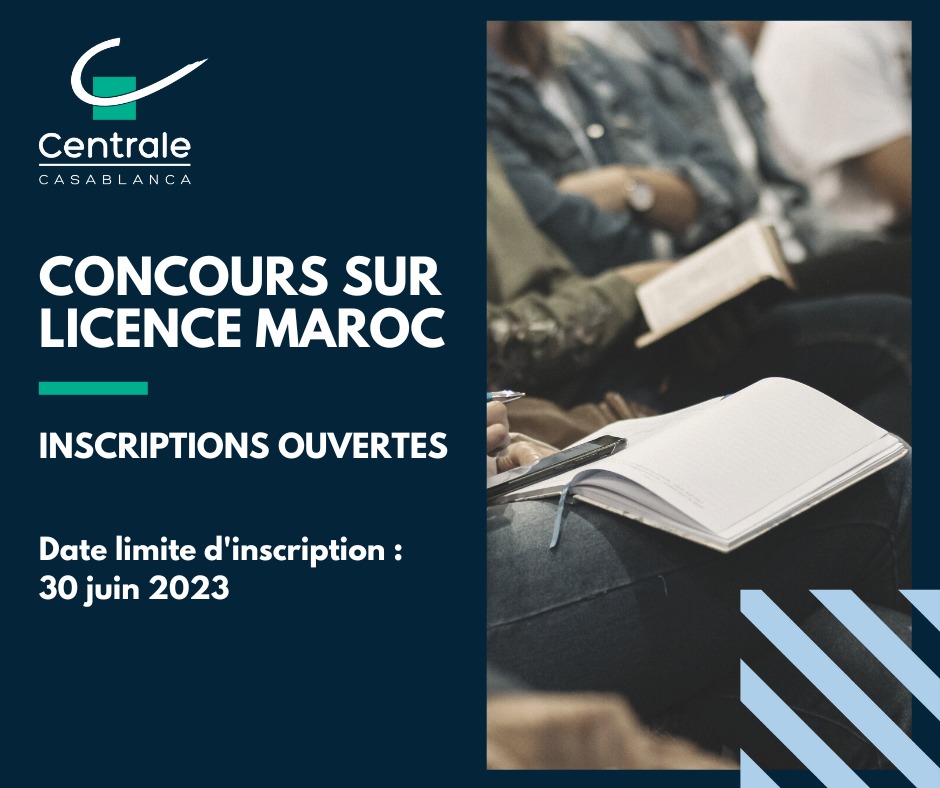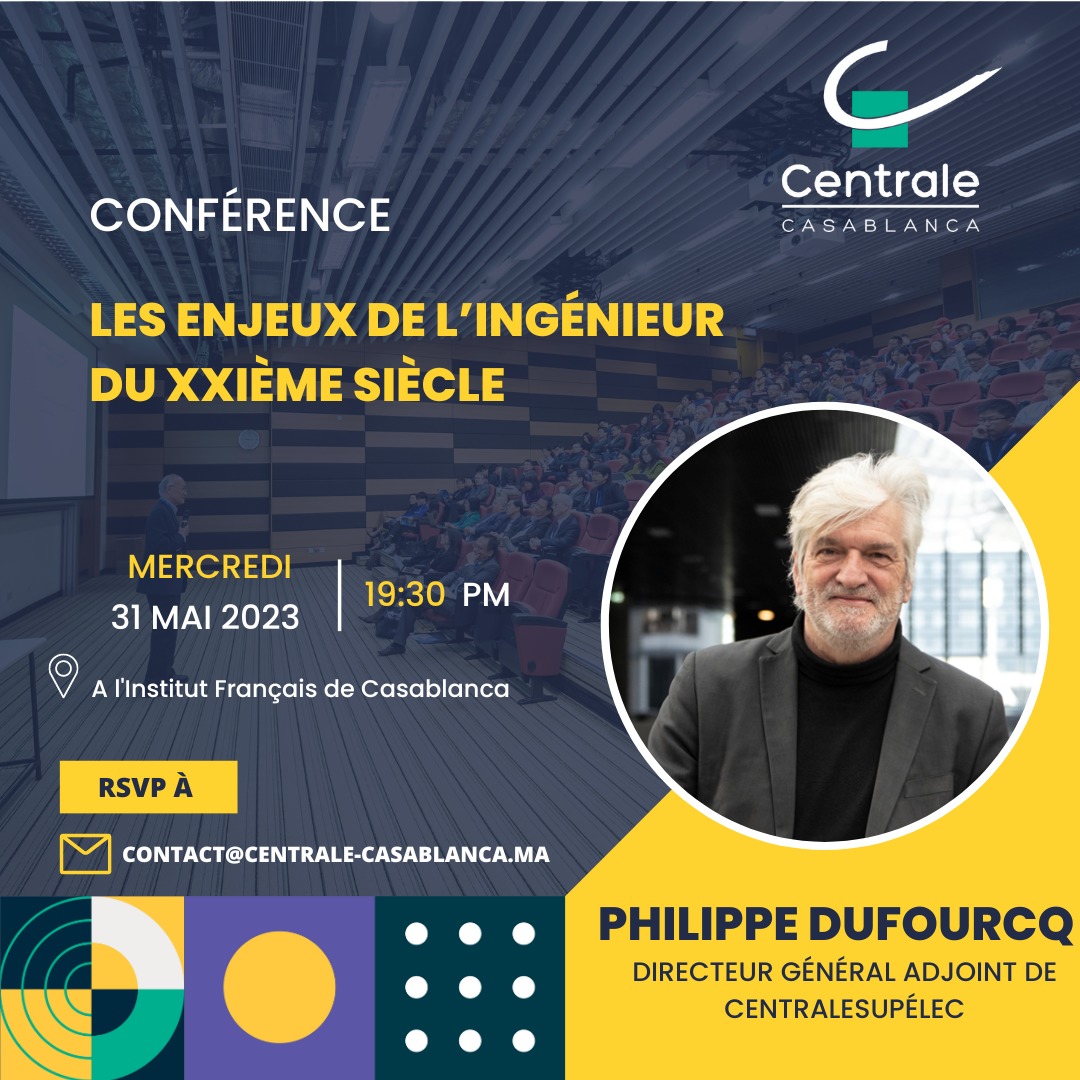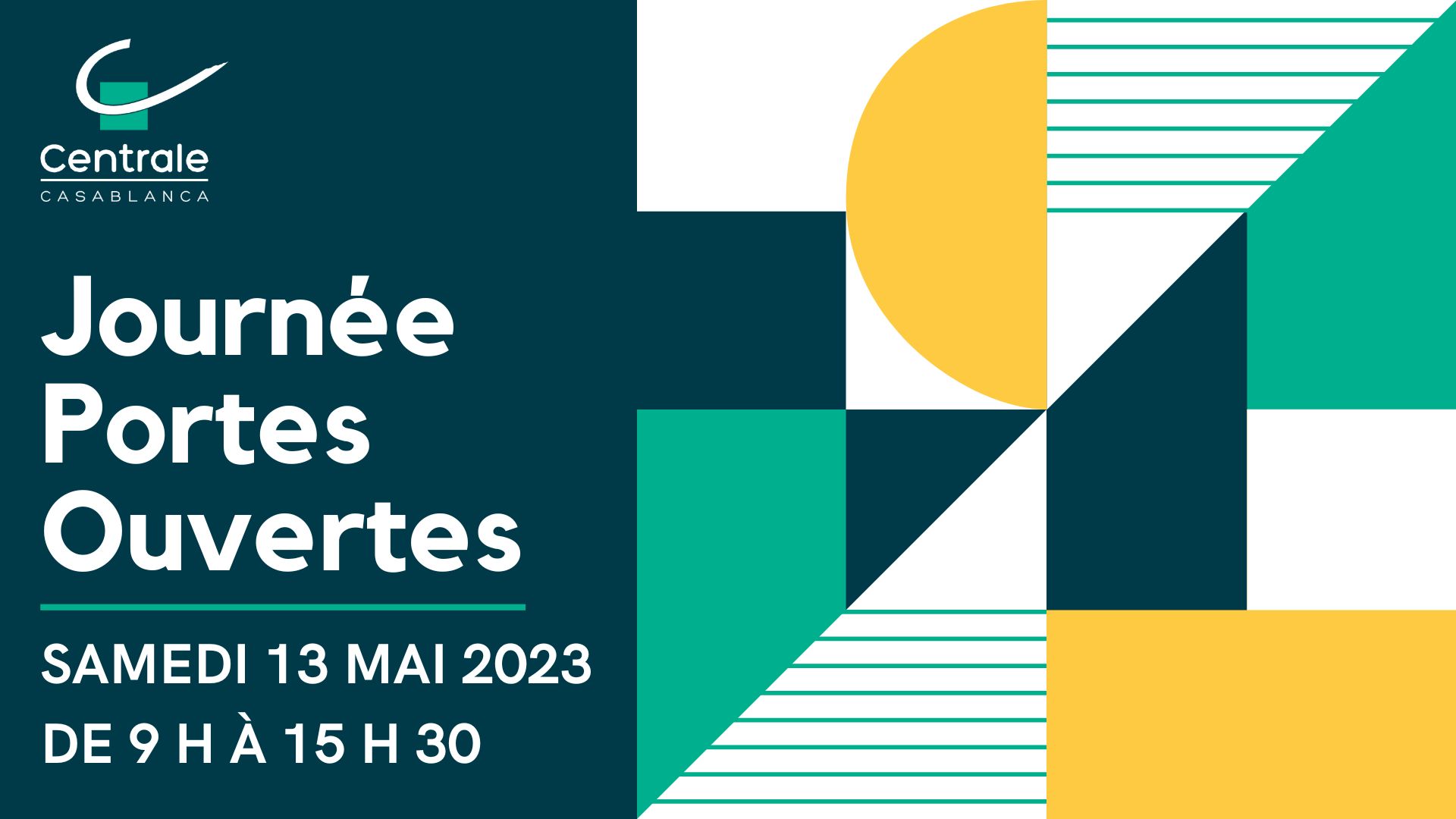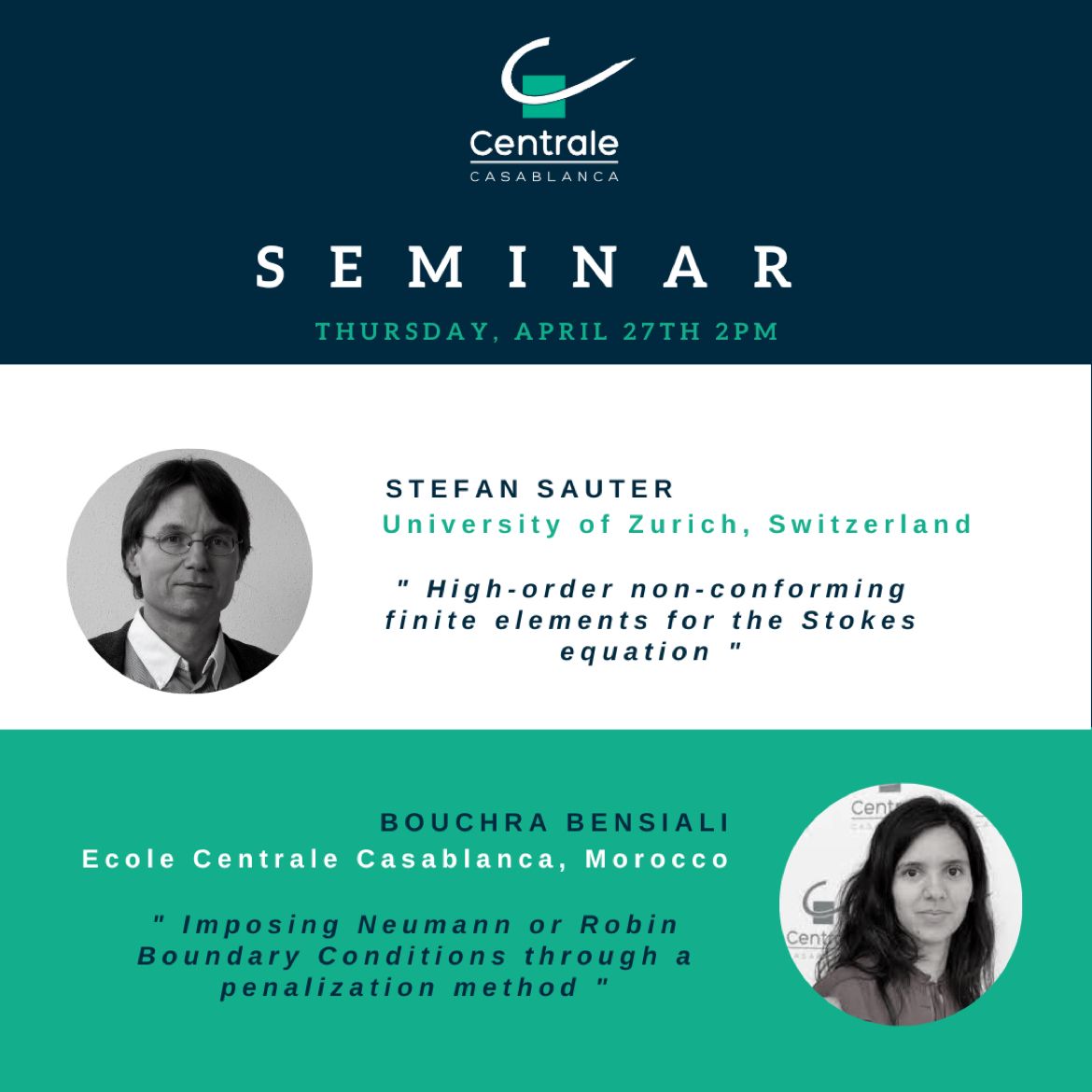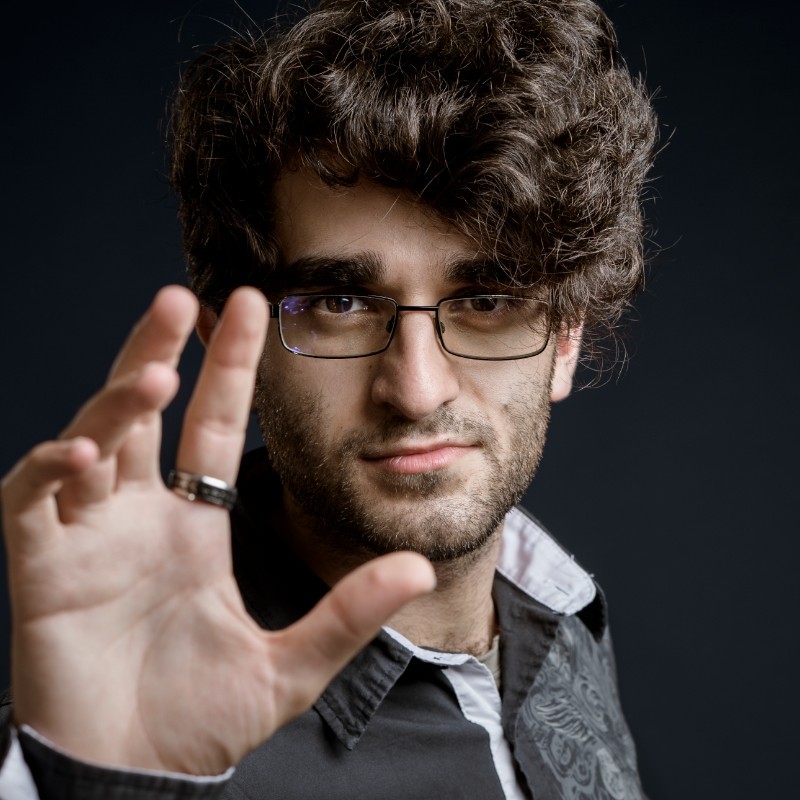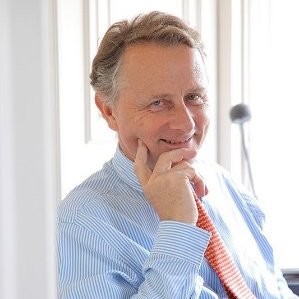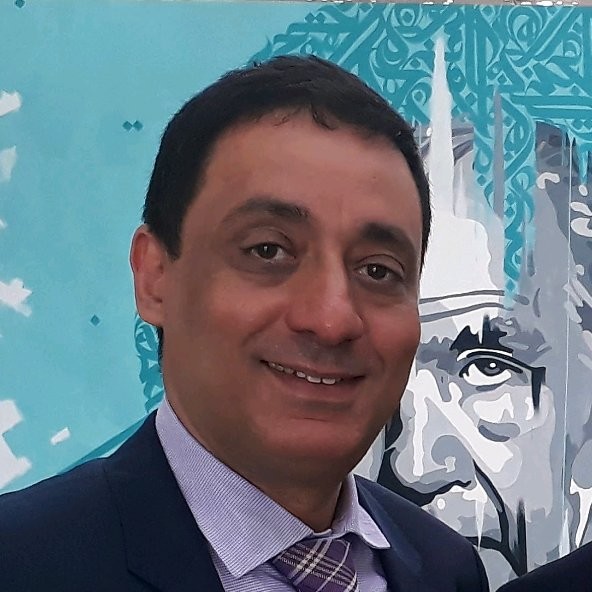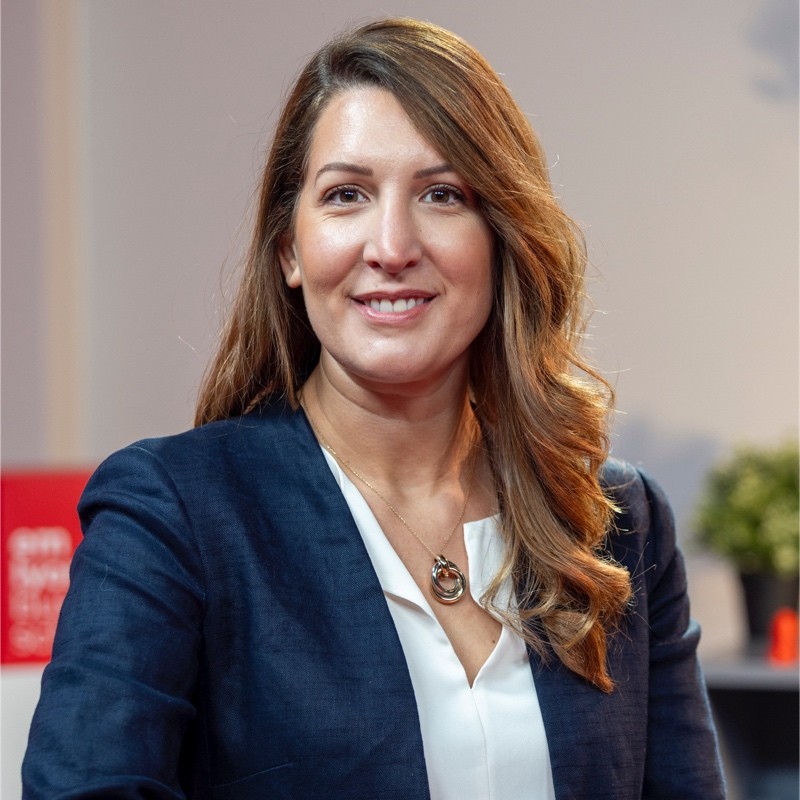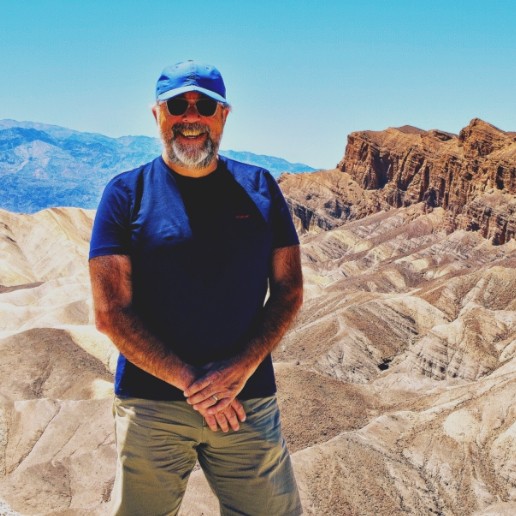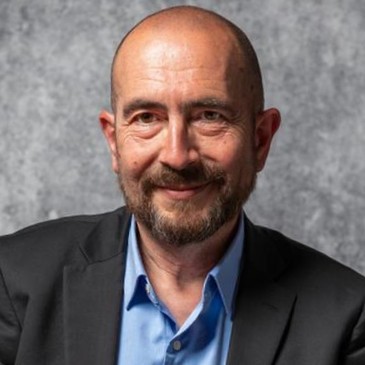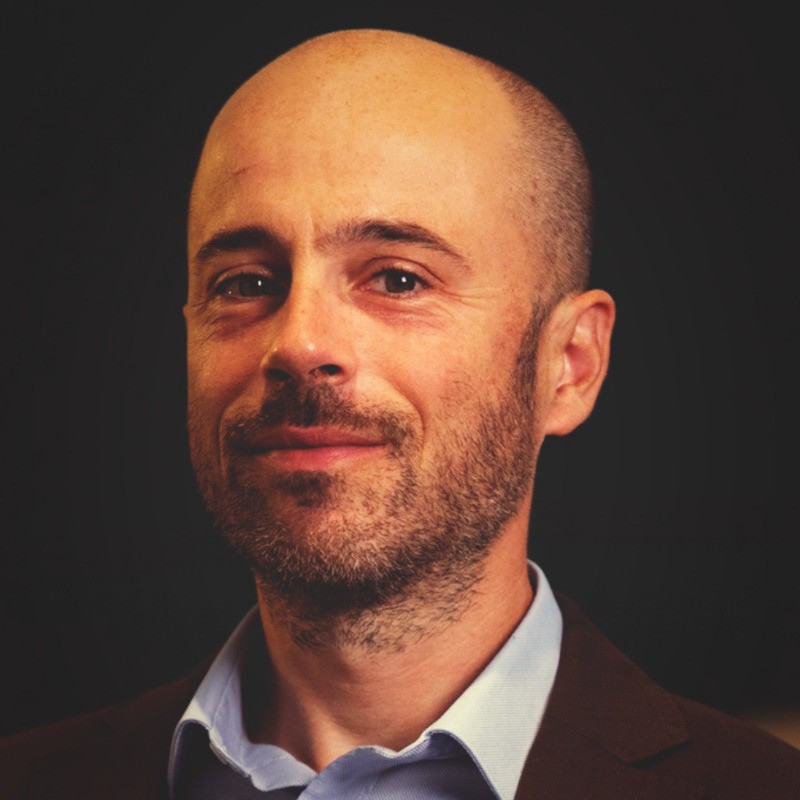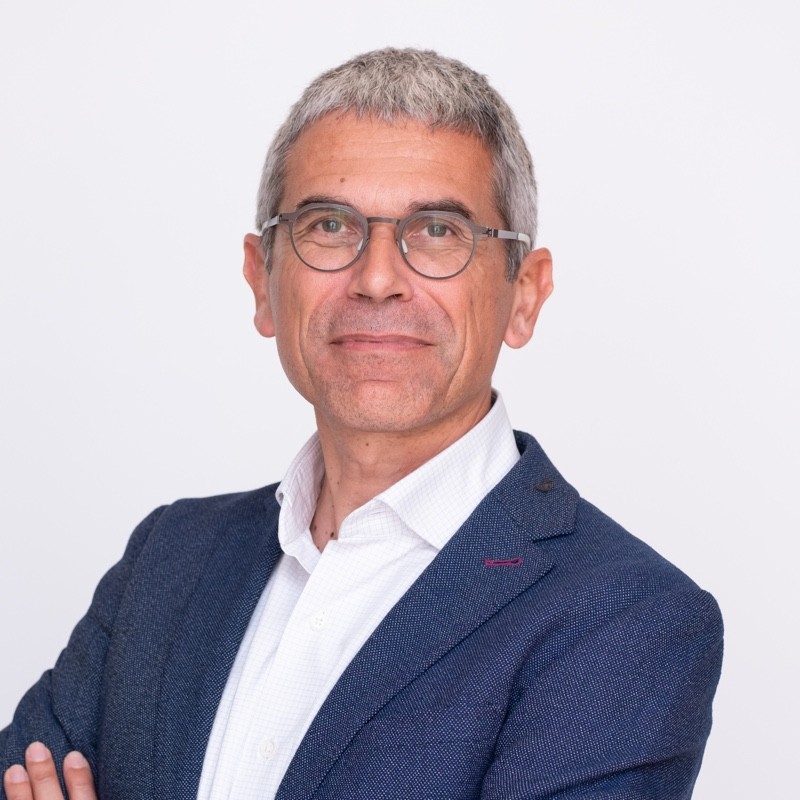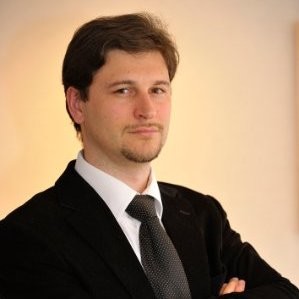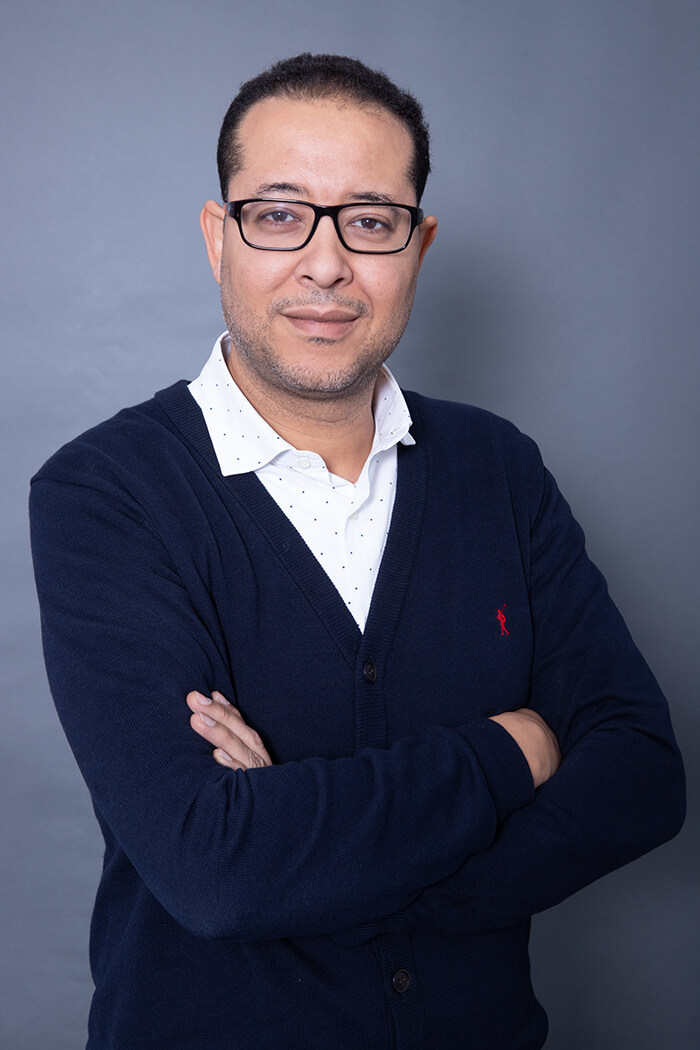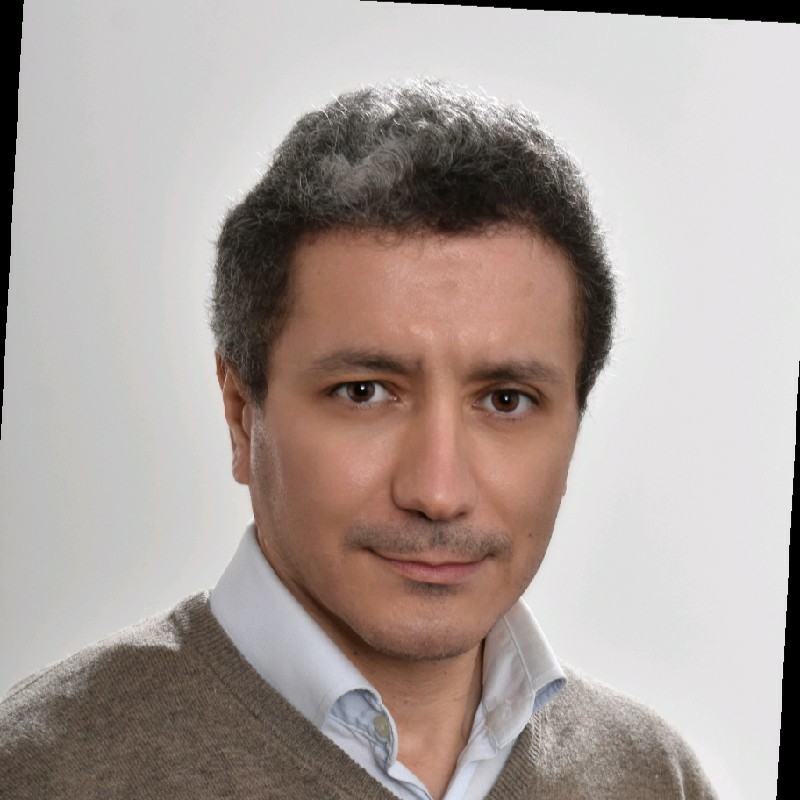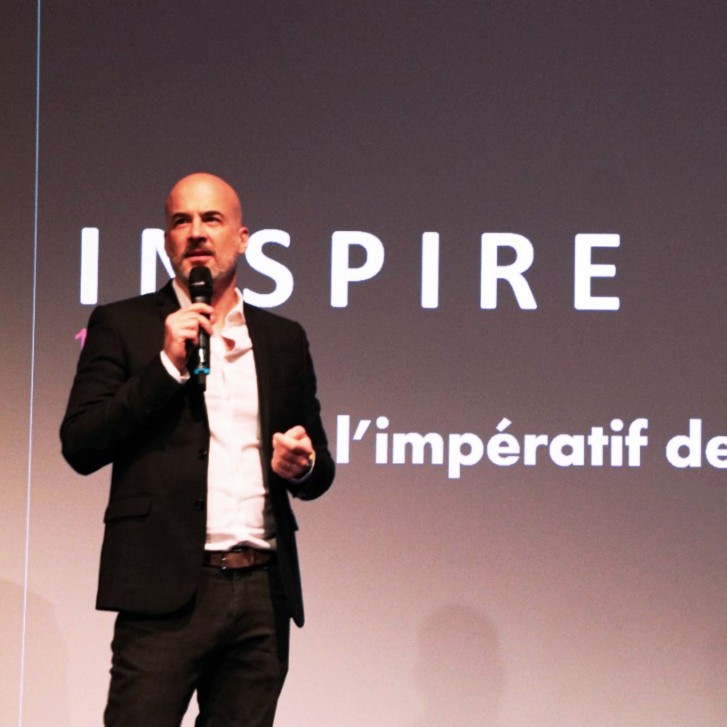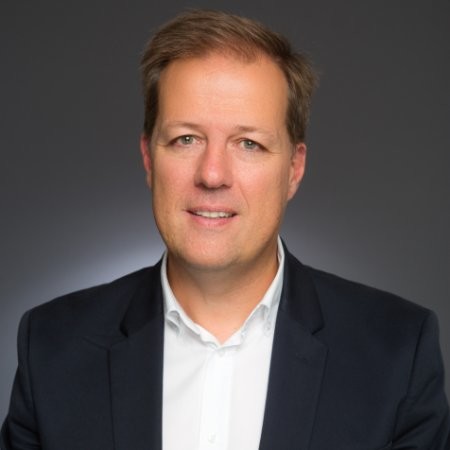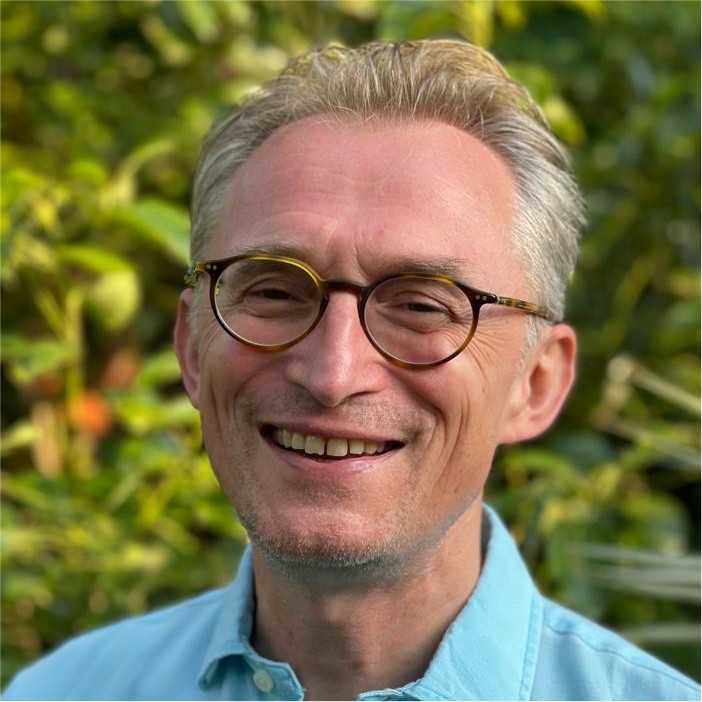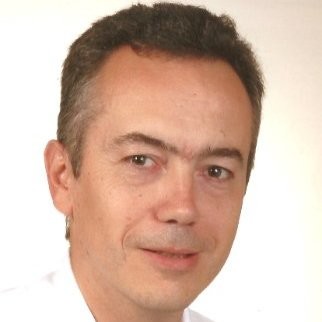The Chair (ECDID), the SHS pole of the “Complex Systems and Interactions” research center at Ecole Centrale Casablanca, aims to assess the potential and degree of emergence of a human community.
In this context, the term “emergence” refers to all« dynamics of collective interest, transformative, desired and self-constructed by the communities that support them, bringing them a significant qualitative change in well-being, value creation and better living together » (Report For an Emerging Morocco. In search of an inclusive, sustainable society, Policy paper, Economia, Les Citoyens, Fondation Friedrich-Ebert, Oxfam, 2020, p. 63).
The main objective of the Chair is to develop an index that will enable us to classify the communities studied according to 4 categories (pre-emergent; emerging; in equilibrium after emergence; declining). This index is intended to, in fine, a tool to help public authorities, private institutions and the third sector make decisions at territorial level to support emerging or to establish an inclusive and sustainable form of development for the communities concerned.
The second objective is to use the human and social sciences to study the social processes of emergence and innovation, and the relationships between micro, meso and macro approaches, in order to devise new models for inclusive and sustainable development.
The Chair in a few indicators :
– 1 Teacher-researcher, HdR
– 2 associate researchers.
– Several study days organized and field missions
– 1 publication resulting from the Chair’s work (Economia, 74 pages, 2022).
Team manager :
- Jean Pierre Llored, Professor of Humanities and Social Sciences;
Permanent team members :
- Jean Pierre Llored, As a lecturer-researcher in human and social sciences, I specialize in philosophy, epistemology, and the history of science and technology. I am qualified to supervise research in these fields. Currently, I serve as the coordinator of human and social sciences and the scientific manager of the “Collective Emergence and Inclusive Development” chair at Ecole CentraleSupélec in France. I am also an associate researcher at IDHES, ENS Paris-Saclay. In the academic publishing domain, I hold the position of deputy editor for the journal Foundations of Chemistry (Springer) and serve as an associate editor for the philosophy section of the International Journal of Bioethics and the Ethics of Sciences (Eska). Teaching and research experience at prestigious universities (Oxford, Cambridge, Bristol (U.K.), Université Libre de Bruxelles, Vrije Universiteit Brussel, Technische Universität Darmstadt in Germany, Sorbonne Université, ENS Cachan, Université de Paris) and engineering schools (Ecole Polytechnique X, Ecole des mines ParisTech, CentraleSupélec, Centrale Nantes, Chimie ParisTech, ESIEE Paris) as well as at the Institut Catholique de Paris (M2, AI Law).
Associate team members :
- Amine Belemlih, holder of a PhD Executive from the University Paris Dauphine, is an assistant professor in organization and leadership at the Africa Business School of Mohammed VI Polytechnic University (Rabat branch). He is a researcher in the field of multi-stakeholder alliances for the common good, societal innovation, and territorial dynamics.
- Ahmed Benabadji holds an Executive MBA from MIT (Massachusetts Institute of Technology), EDHEC, and a Master’s degree in Project Management from ESCP. He is a senior consultant with a demonstrated experience in strategic management, business planning, innovation management, and operations. Founder and president of Open-Village, a rural development NGO, and of the Transilience Institute, which focuses on education and research to build and disseminate knowledge and carry out high-impact projects for the common good;
RESEARCH TOPICS
The research themes of the “Collective Emergences and Inclusive and Sustainable Development” (ECDID) Chair address the issue of emergences, defined as transformative dynamics of collective interest, desired and self-constructed by the communities that support them, bringing them a significant qualitative change in well-being, value creation and better living together; The research themes revolve around understanding these emergences, quantifying the degree and potential of a community’s emergence at a given time, and, ultimately, promoting actions that enable the socio-economic development of other communities in an inclusive and sustainable way. This study involves collaboration between human and social sciences, computer science and mathematics, and the mobilization of field actions. In addition, the Chair develops epistemological studies on physico-mathematical models and computer simulations used to understand social and entrepreneurial success and social processes. In so doing, it integrates philosophical work on the sciences of complexity and the digital transformation of socio-economic space. Finally, it is dedicated to developing ethical research on the relationship between science, new NBIC technologies (in this case AI and nano- and bio-technologies) and society.
RESEARCH TOPICS
- Study of collective emergences and production of an emergence index : This area focuses on the issue of emergence, defined as dynamics of collective interest, transformative, desired and self-constructed by the communities that support them, bringing them a significant qualitative change in well-being, value creation and better living together. This study is part of the “Morocco of Emergence” project, which aims to promote a new model of socio-economic development in Morocco and Africa. The research approach combines field studies to identify emergence factors and studies of models (graph approaches, multi-scale and multi-agent models, computer simulations, etc.) and indices (of development, maturity, poverty, commitment, etc.) used to measure an organization’s transformation. The aim is to develop an emergence index that can be used to measure the potential and degree of emergence of a community (urban, peri-urban or rural), in order, on a comparative basis, to better understand the transformation process and, downstream, propose actions to promote inclusive and sustainable forms of development involving other communities. Our priority is to develop an index that will enable us to classify the communities studied according to 4 categories (pre-emergent; emerging; in equilibrium after emergence; declining). Ultimately, this index is intended to be a tool to help public authorities, private institutions and the third sector make decisions at territorial level to support the emergence or establish an inclusive and sustainable form of development for the communities concerned.
- Epistemology of complexity, data science and artificial intelligence: Complementing this, a second line of research, in epistemology, sociology and philosophy of science, takes as its object of study the sciences of complexity themselves, and the ways in which the sciences, taken in a broad sense, link micro, meso and macro descriptions to understand a collective phenomenon. It also involves studying the collection, structuring, use and validation of databases by data scientists. This study includes developments in mereology (the formal study of relationships between a “whole” and its parts, or between parts within that whole) and social process modeling. Finally, this area studies artificial intelligences in order to understand their origins, the type of knowledge they enable to be elaborated, the problems of explicability they pose, and the epistemic, economic, social and organizational changes they initiate (Industry 4.0, digital agriculture, personalized medicine, renewal of the relationship between theory and experience…). In collaboration with hospital doctors, bioinformaticians and mathematicians, we are also implementing a new method coupling learning algorithms (deep or not) with conceptual models, in particular for the development of AI in personalized medicine.
- Risks, ethics and deontology : science-new technologies NBIC-society-environment. This third axis mobilizes all fields of ethics (applied ethics, metaethics, normative ethics) and the epistemology of risk (in particular the study of fuzzy logics) to think about the relationships between contemporary sciences, new NBIC technologies and societies, while including a sustainable and environmental approach. The aim is to consider the evolution of ethics, deontology and regulations in the face of scientific, technical and technological developments and the risks they generate in an uncertain world (protection of privacy, extractivism and energy and environmental problems, physical and moral integrity of individuals, corporate and organizational social responsibility, liability in the event of an accident involving an autonomous vehicle, social credit, etc.).
RESEARCH PROJECTS
- Indices of social transformation and indices of emergence. The Collective Emergence and Inclusive Development Chair (ECDI Chair) of the Fondation de l’Ecole Centrale (FECC), in partnership with the Transilience Institute in Casablanca, studies collective emergence and socio-economic development models in Africa. In this context, emergences are defined as “dynamics of collective interest, transformative, desired and self-constructed by the communities that support them, bringing them a significant qualitative change in well-being, value creation and better living together” (Rapport Pour un Maroc des Emergences. A la recherche d’une société inclusive et durable, Policy paper, Economia, 2020, p. 63). These dynamics are not driven by the State (even if the State sometimes encourages them), but their initiation can be accompanied and supported by catalysts from outside the community. We choose to speak of emergence only when the processes involved and their effects are long-term and grow over time, and when most of the governance and “energy for change” is internal to the community that initiated it. Of course, emergence as an object of study cannot avoid a global consideration of the different levels (macro-meso-micro), dimensions and factors that explain emerging processes and characterize them as systemic, dynamic and non-linear configurations. The doctoral thesis we wish to propose, starting in the academic year 2024, would focus on the development of an emergence index (mathematical design, calibration, adaptation and validation of the model based on field work) to measure the potential and degree of emergence of human communities. The aim of this end-of-study project is to produce an index that could be used to create “heat maps” (strongly emerging, pre-emerging, declining territories), with a view to helping to set up a new socio-economic development model and local actions to transform territories. The work will take as its starting point the index model currently being developed by Mr Ahmed Banabadji (Transilience Institute) and the work carried out during a scientific project by second-year engineering students at Centrale Casablanca on the mathematical aspects of this model, supervised by Mr Jean-Pierre Llored (FECC). The aim is to resume and continue the mathematical development work, and to validate it on the basis of studies carried out in different areas of Morocco (Ourika valley, Ait Boumez valley in the Middle Atlas, Paradis valley in the Agadir region, Skoura valley). The measurements taken in these areas will enable us to test the model, complete it and adapt the criteria and evaluation grid, with a view to validating a first, more refined version of the model, which will then be tested in one or more sub-Saharan African countries. The project aims to design an emergence index (mathematical part), to evaluate and adapt this index in the field, and to participate in evaluations of emergence and change factors for which he/she will have complementary training mobilizing human and social sciences and business sciences. This study will be based on a systematic study, unprecedented at international level, of indices that measure social states and processes, with a view to understanding the types of mathematics involved in these indices, so as to make relevant use of them in the creation of the new emergence index. The project will be supervised by Ecole Centrale Casablanca and Transilience Institute, with the participation of colleagues from mathematics, computer science, and data sciences departments of Ecole Centrale Casablanca, as well as economists and sociologists from the partner research unit. This collaboration is made possible through a signed agreement between Ecole Centrale Casablanca and Ecole Centrale Supélec. The social sciences faculty members of Ecole Centrale Casablanca are affiliated with IDHES at ENS Paris-Saclay, and sociologists from the SHS department at Ecole Centrale Supélec are also involved in the project.
- Creation of the “Collective Emergence and Inclusive Development” Chair in Benin (September 2023-September 2025) in partnership with Sèmè-City and Professor Thierry Dalmeida. The objective of this project is to deploy the methodology developed by Ecole Centrale Casablanca, adapting it to the Beninese context, in order to identify potential emergence situations and support the communities undergoing this emergence in their development process. The program is defined in 4 phases. Phase 1: Mapping the ecosystem of potential emergence and solidarity development: Identification of local associations (around 20). Survey to target associations relevant to the project. Analysis of survey results and drafting of an interim report. Two seminars for selected associations on the emergence and concept of complex social systems. Identification, with the associations, of target communities (three associations, each associated with a community). Phase 2: Analysis of the emergence potential of target communities: Adaptation of the emergence potential questionnaire to the Beninese context. Conducting community surveys. Processing of survey results and categorization of communities according to the “emergence potential” grid. Identification of communities to be supported, associated with a specific development project. Phase 3: Support for project implementation: Proposal of an action plan to support community development projects, to be launched in conjunction with local associations and based on a controlled methodology. Definition of the Chair’s research program, based on the local context and “field” data collected during phase 2. Training programs for associations, community leaders, political decision-makers and administrative staff. Phase 4: Summary report and launch of the Chair: Drafting of the final report on the various stages and conclusions of the project. Launch of the Chair’s work and installation of its scientific committee on the basis of the project results and the research roadmap.
- Artificial intelligence and the renewal of industrial and medical practices: epistemology and ethics. Artificial intelligences produce knowledge that is not easily interpreted, understood or explained. A doctoral thesis will be proposed in this field to understand the nature of the knowledge created by different types of algorithm, their possible alliances with computational models and simulations, and to address the ethical issues that these digital devices raise. The thesis will focus on AI applications in enterprise digitization and agriculture 2.0, the study of Covid-19 and personalized medicine as a priority support. Jean-Pierre Llored to edit two special issues of the International Journal of Bioethics and the Ethics of Sciences (Eska) (May 2023-December 2024), one dedicated to “Low-techs”, the other to health engineering.
FINANCIAL PROJECTS
- The study days organized in September and October 2021 were partly supported by the Friedrich Ebert Stiftung (Rabat headquarters).
- A 5-month research internship project (April-August 2022) is funded by the FECC on the development of an emergence index.
Team publications :
To download the publications, please click here.
PARTNERS



